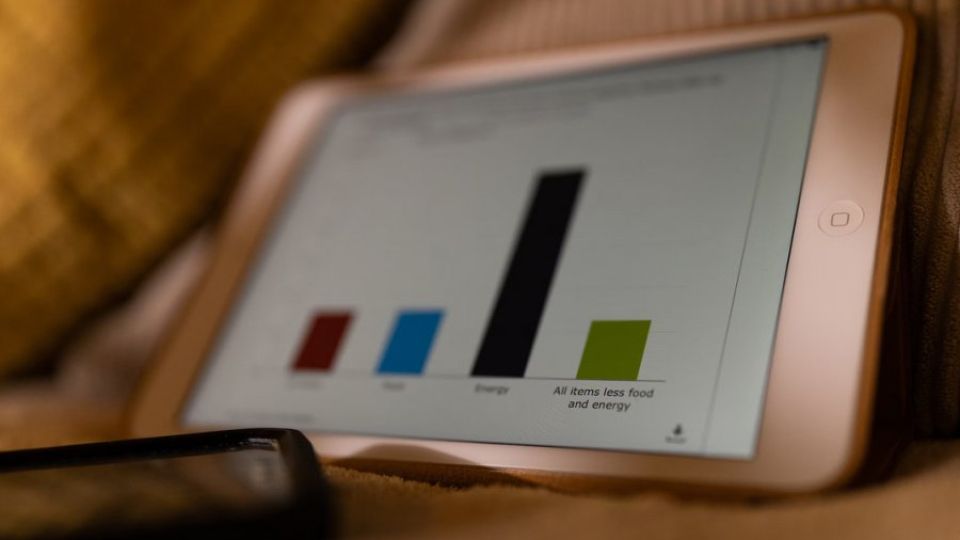February 2, 2024
MANILA, Philippines —Inflation likely eased further in January to settle within a more comfortable level on the back of cheaper vegetables and sugar, the Bangko Sentral ng Pilipinas (BSP) said on Wednesday.
In a statement, the BSP projected inflation last month to have settled at between 2.8 and 3.6 percent.
If realized, consumer price growth in January would be softer than the 3.9-percent rate recorded in December. At the same time, the figure would be well within the BSP’s 2 to 4 percent target range.
”Higher prices of some agricultural items, like rice, meat, fruits and fish, along with increased petroleum prices, electricity and water rates, annual adjustment in sin taxes, and the depreciation of the peso are the primary sources of upward price pressures for the month,” the central bank said.
“Meanwhile, lower prices of vegetables and sugar could contribute to downward price pressures,” it added.
A deceleration in inflation would likely lessen the pressure on the BSP to keep its ultra-tight monetary policy for a much longer period. At its last meeting for 2023, the powerful Monetary Board kept the BSP’s policy rate unchanged at 6.5 percent, the tightest in 16 years.
Last week, Governor Eli Remolona Jr. said the central bank could possibly start its easing episode this year, although he said it might be too early to cut the policy rate in the first semester.
That was so far the clearest signal from the BSP chief about the possible timing of the central bank’s rate cut. Already, analysts were expecting the BSP to start easing in the middle of the year—the timing and magnitude of which, they said, would likely match the possible easing moves in the US to avoid pressuring the peso and stoking inflation via costlier imports.
Despite inflation easing back to within the BSP’s 2 to 4 percent target in December last year after hovering above that range for 20 months, the BSP said it deemed it necessary to “keep monetary policy settings sufficiently tight until a sustained downtrend in inflation becomes evident.”
“The BSP will continue to monitor developments affecting the outlook for inflation and growth,” the BSP said. —Ian Nicolas P. Cigaral


